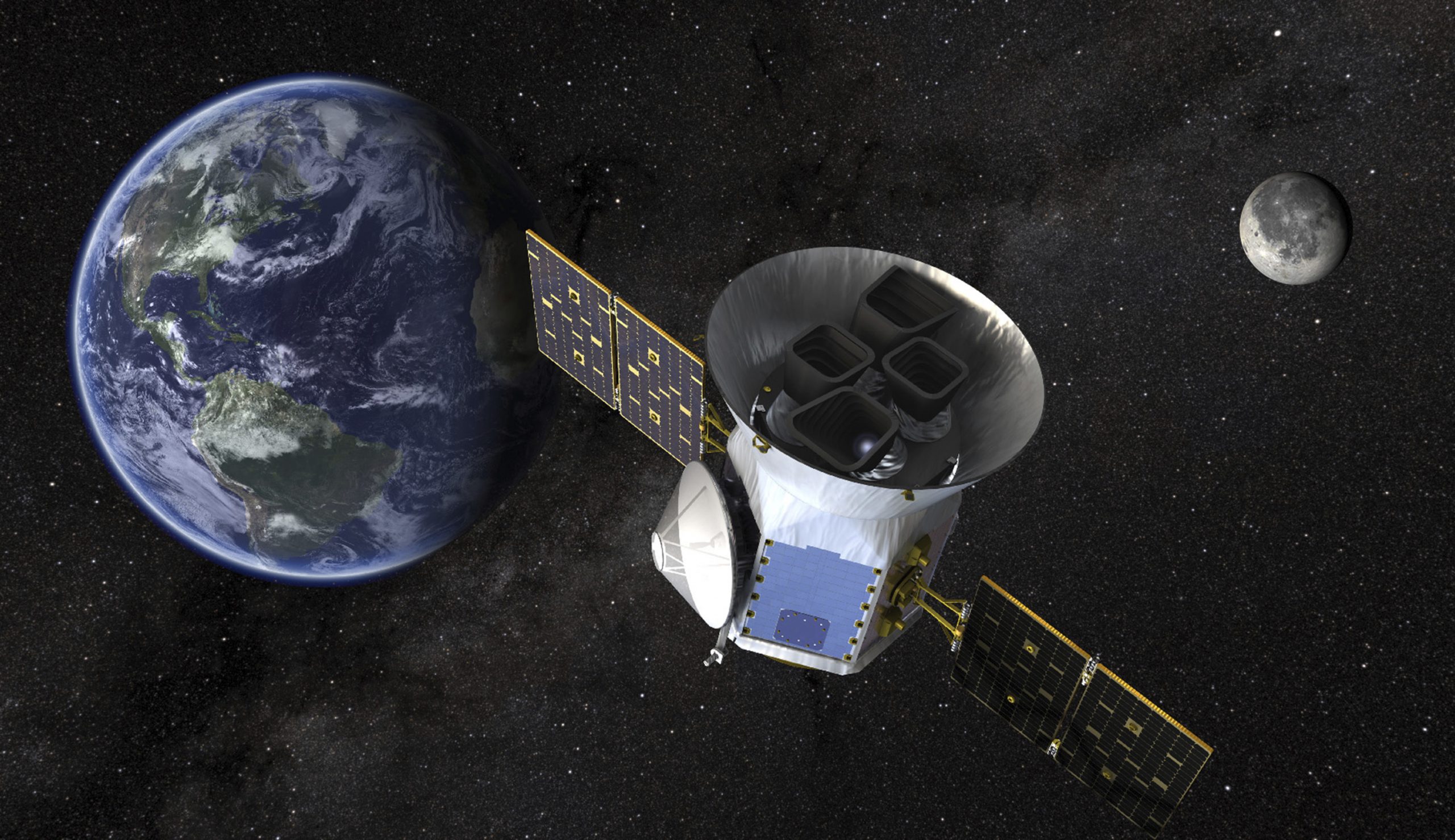

Space companies that have gone public within the past five years are combatting a downward spiral in their profits.
Among them is Astra, which went public in 2021. While it has contracts with other companies like SpaceX and NASA, its stock is down nearly 75% at $2.37 a share from last year. At the end of the first day it began trading on the NASDAQ, its shares were more than $232.
“As a company right now, it’s really tough in the market,” Founder, Chairman, and CEO Chris Kemp said in an August interview. “So if the only thing we were relying on was like shareholders buying stock, that wouldn’t make a lot of sense.”
As a result, Astra has provided senior secured notes and at-the-market offerings to raise capital. In recent years, Astra has narrowed its scope and has focused on launching satellites, while the original operations involved manufacturing them as well. Astra paused rocket launching in the summer of 2022.
Sidus Space went public the same years as Astra but has similarly seen a 99% dip in its share price from $1,163 a share to about $8.91 recently. It has yet to launch its anticipated satellite but has plans for March.
The Sidus board hired Richard J. Berman, a man with a 35-year-long career in venture capital, as a director earlier this month. In the press release announcing Berman’s hire, the company cited his “extensive capital markets knowledge” and “exceptional financial and investment acumen.”
“I look forward to facilitating the growth of shareholder value,” Berman said in a statement.
CLICK HERE TO READ MORE FROM THE WASHINGTON EXAMINER
Momentus is the oldest of the three struggling space companies, having gone public in 2019. Within the last year, its stock has gone down more than 98% to 79 cents a share to date. Like Astra, Momentus has tried at-the-market offerings and a 1-for-50 stock split to help.
Neither Momentus, Astra, nor Sidus Space responded to the Washington Examiner’s request for comment.







